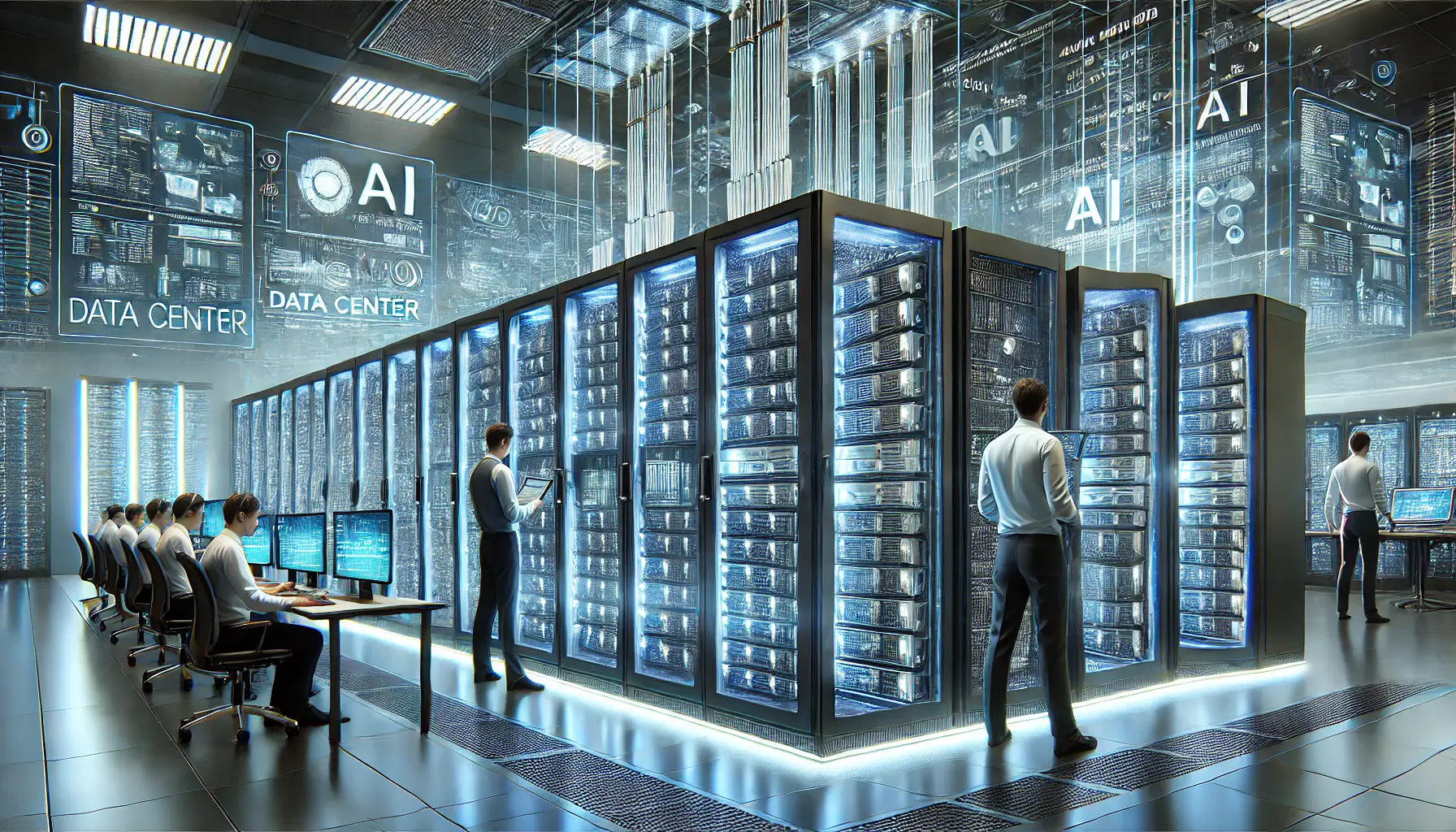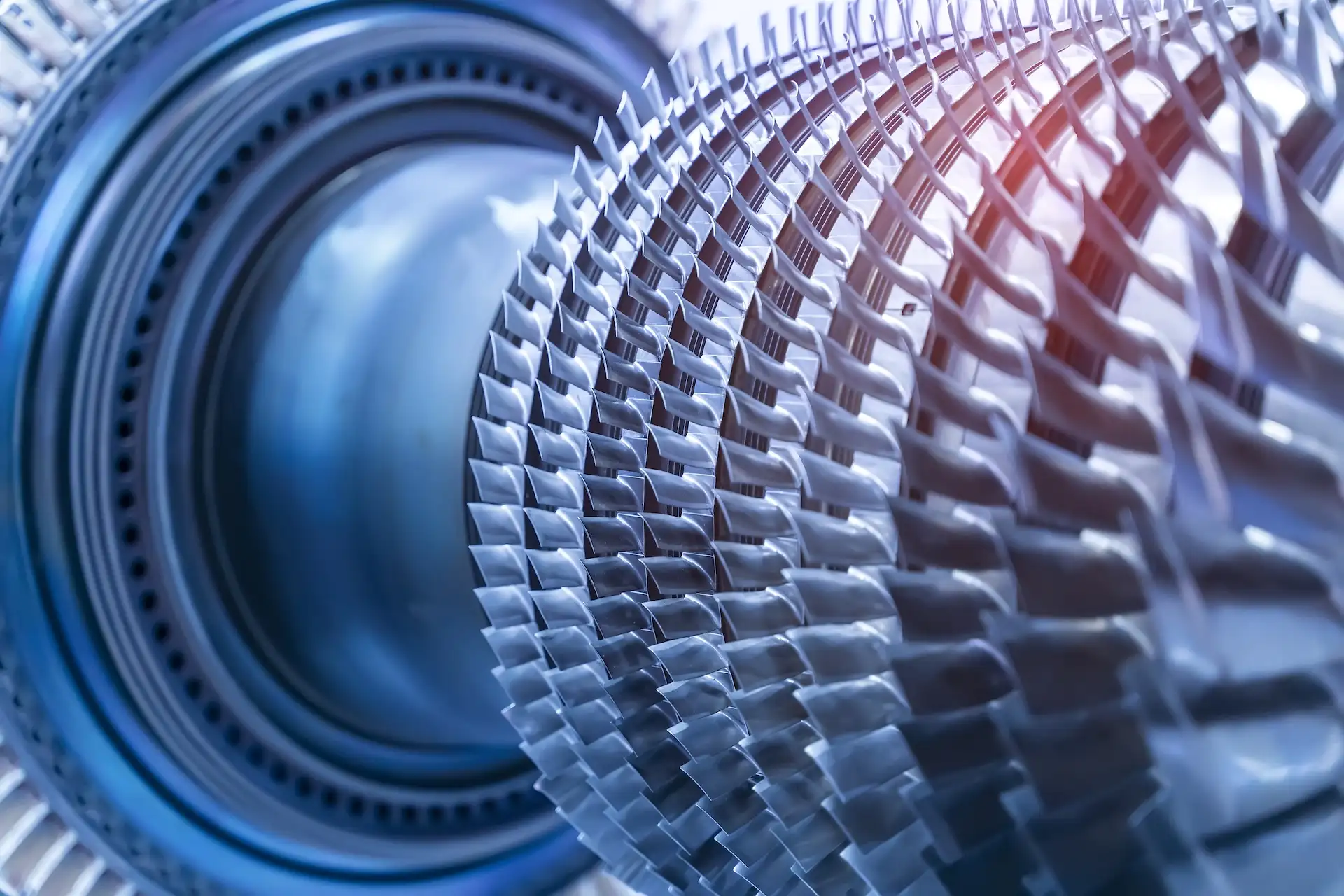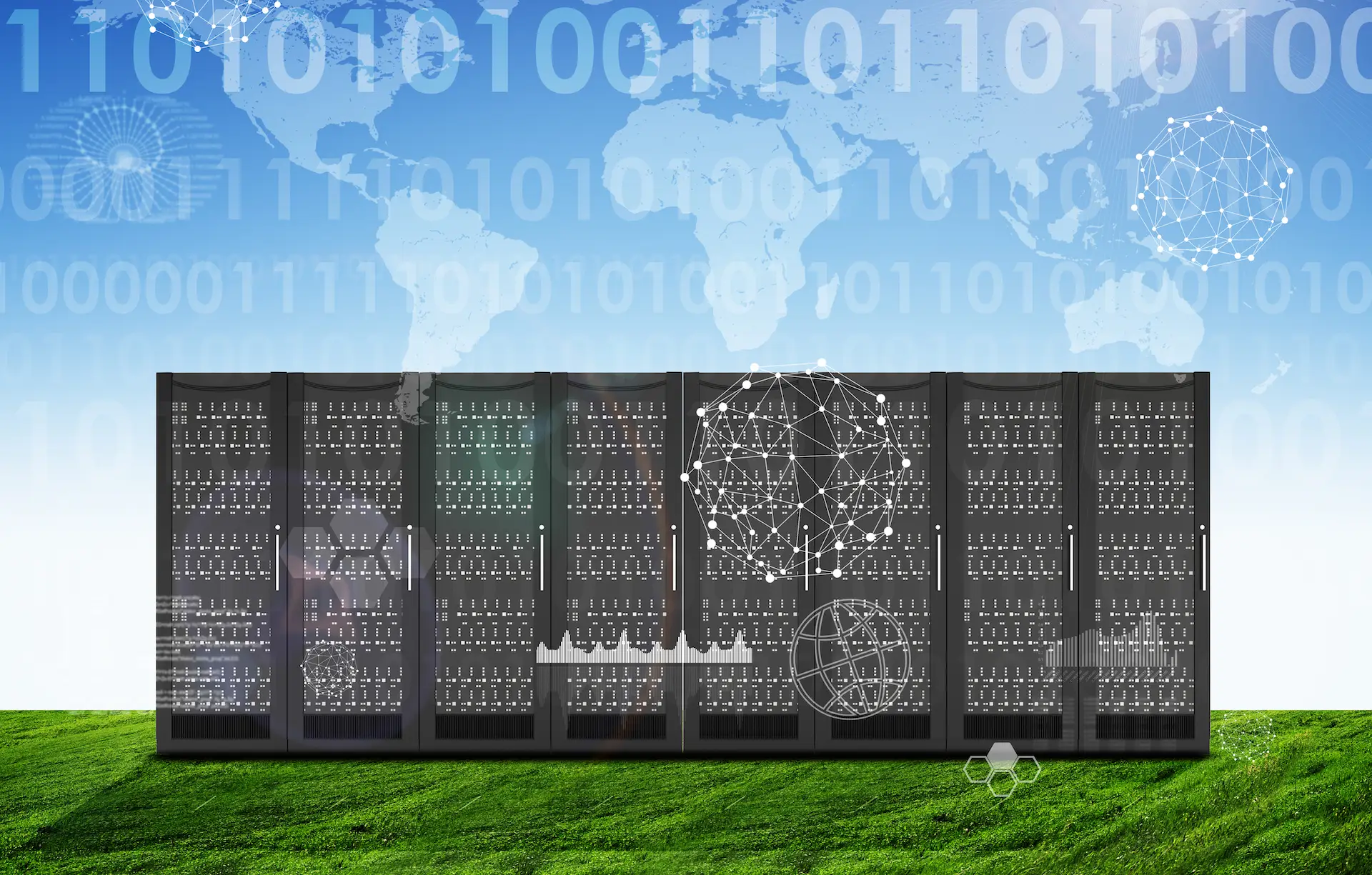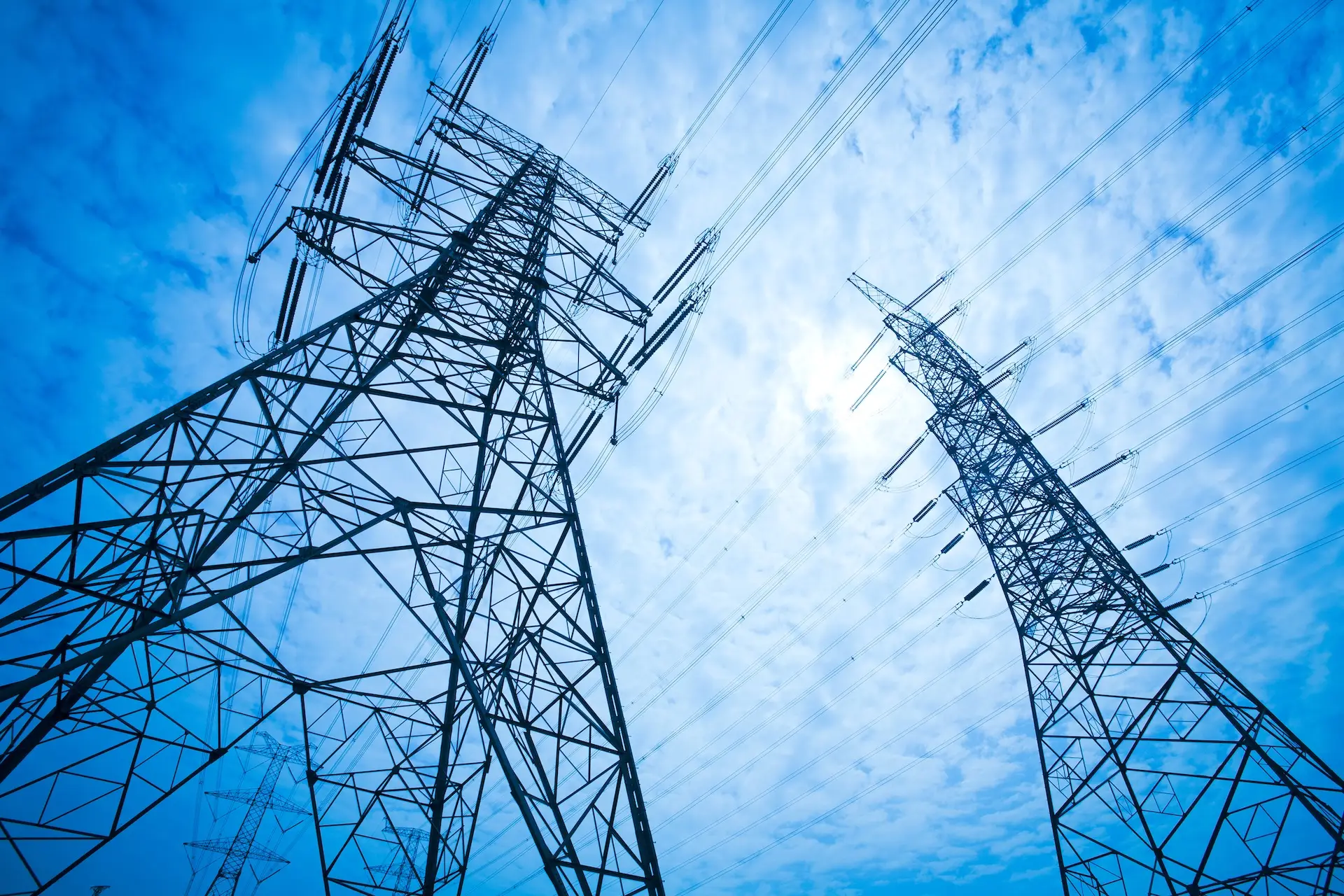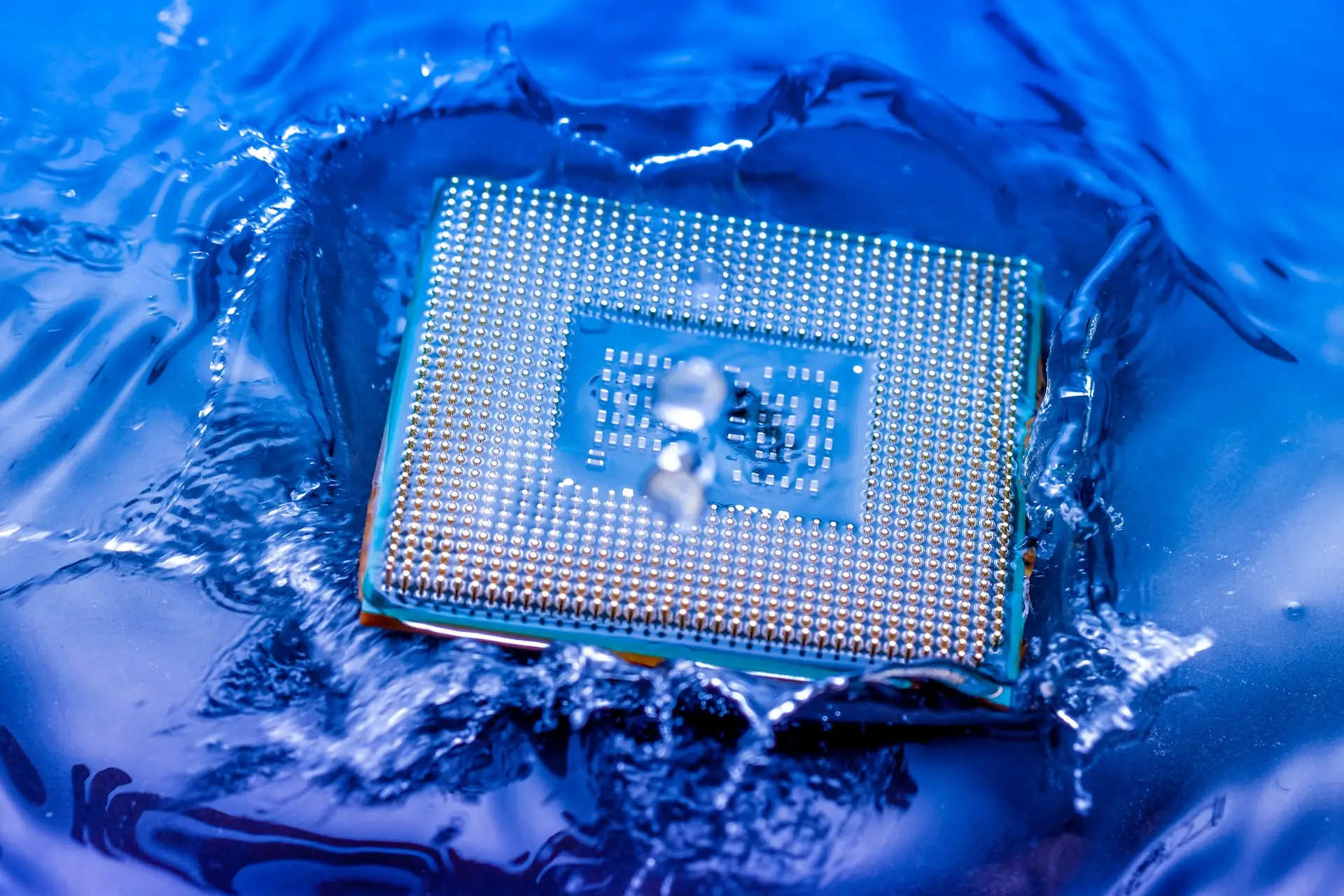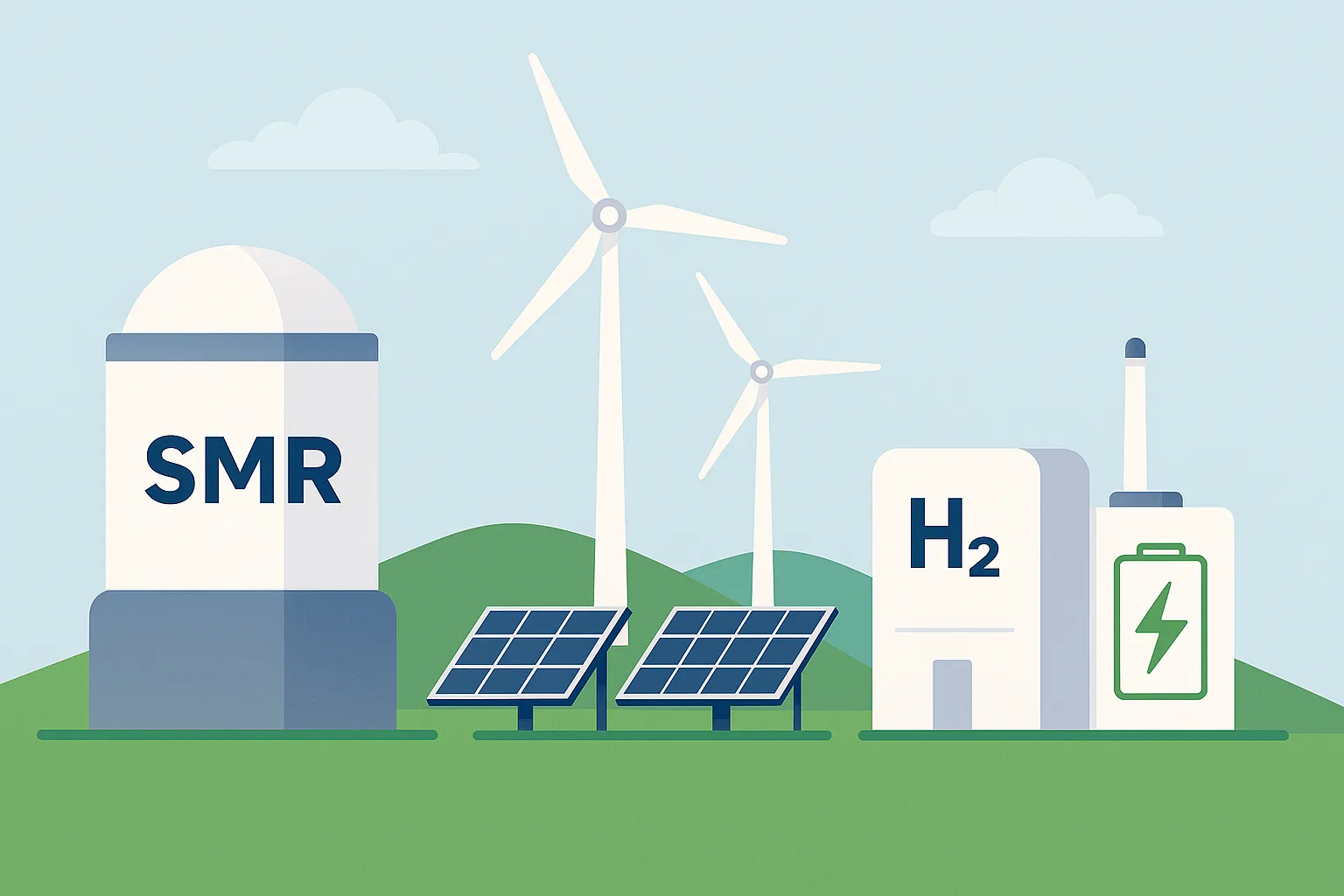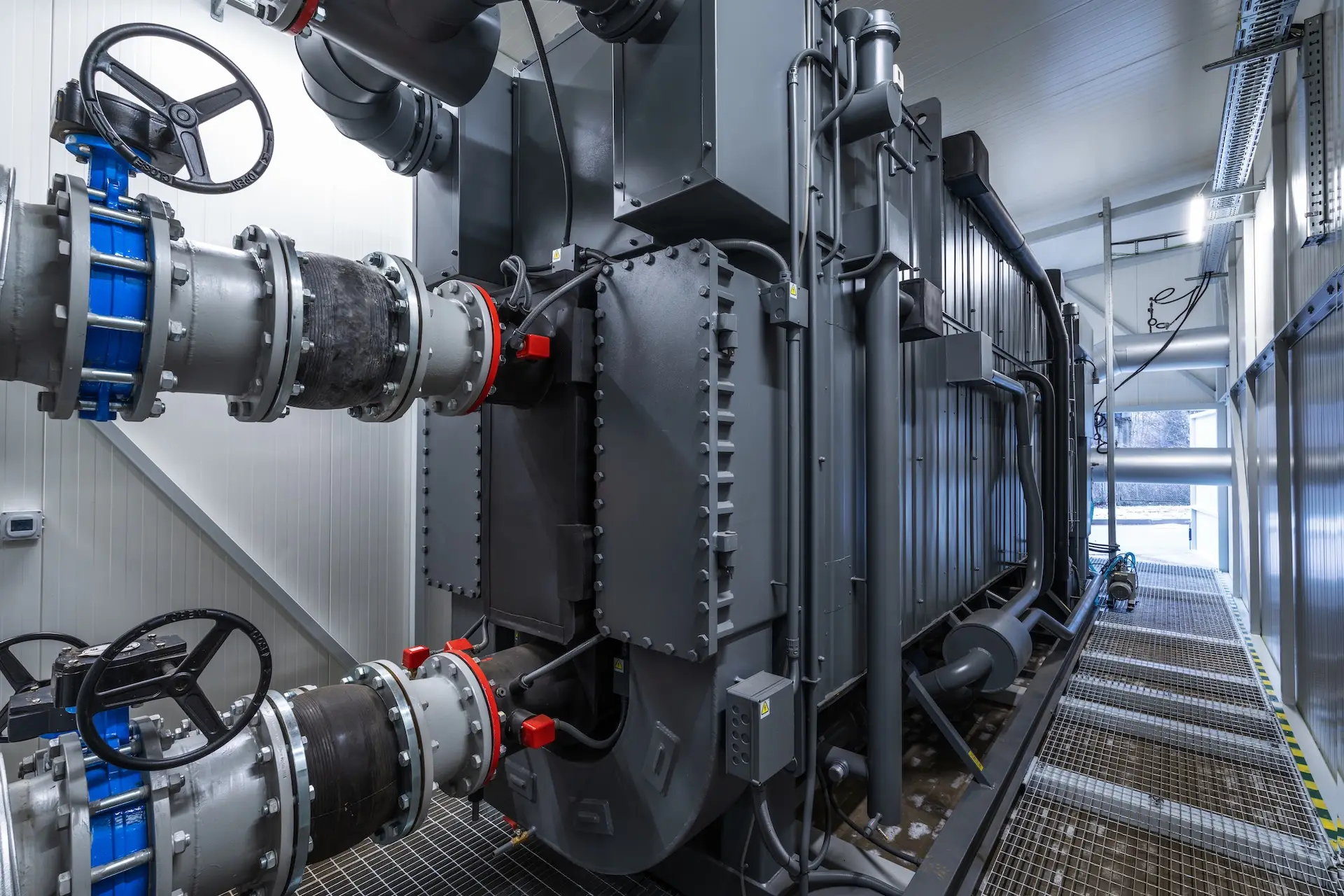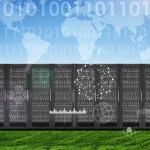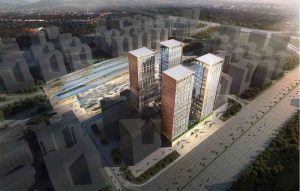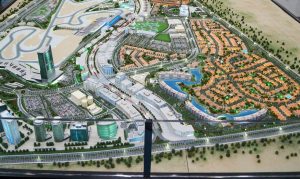Overview
Artificial Intelligence (AI) is revolutionizing numerous industries, and the data center sector is no exception. AI data centers are the nerve centers of the digital age, supporting the immense computational power required for AI-driven applications. These specialized data centers are designed to handle the significant workloads and complex computations necessary for AI, machine learning, and big data analytics.
The core challenge for data centers lies in meeting the ever-increasing demand for processing power and storage needed for AI applications. AI workloads require vast amounts of computing power, often reaching exascale levels, to process complex models and algorithms. This exponential growth in demand for computational resources and storage capacity is driving significant transformation and innovation in the data center industry.
So What Is An AI Data Center?
How AI is Impacting Data Center Growth
The rise of AI has spurred significant growth and transformation in the data center industry. Here are some key ways AI is impacting data center growth:
- Increased Demand for Computing Power: AI applications require substantial computational resources, driving demand for high-performance servers and accelerators.
- Enhanced Efficiency: AI technologies are being used to optimize data center operations, improving energy efficiency, predictive maintenance, and resource management.
- Scalability and Flexibility: AI-driven workloads require scalable infrastructure. Data centers are increasingly adopting modular designs and cloud-based solutions to meet these needs.
- Innovative Cooling Solutions: The heat generated by high-density AI workloads necessitates advanced cooling techniques, leading to the adoption of liquid cooling and other innovative technologies.
- Data Management: AI applications generate vast amounts of data, necessitating robust data management and storage solutions to ensure seamless operations.
AI's Impact on Data Center Design
The rise of AI has significantly influenced data center design, necessitating adaptations to meet the increased demands for processing power and storage. One of the primary changes is the incorporation of high-density server racks equipped with specialized hardware such as GPUs, TPUs, and other accelerators. These components are essential for handling the parallel processing tasks required by AI workloads. To support these high-performance systems, data centers are being designed with enhanced power delivery systems capable of providing the necessary energy without compromising stability. This often includes the use of advanced uninterruptible power supplies (UPS) and power distribution units (PDUs) tailored to the specific requirements of AI hardware.
Another crucial aspect of data center design adaptation is the implementation of advanced cooling solutions. Traditional air cooling methods are no longer sufficient to dissipate the heat generated by high-density, high-performance AI hardware. Consequently, liquid cooling technologies have become increasingly prevalent. These systems use water or other coolants to directly absorb heat from the hardware, significantly improving cooling efficiency and allowing for more compact and powerful data center designs. Additionally, data centers are now incorporating AI-driven cooling management systems that optimize temperature and airflow in real-time, further enhancing the efficiency and reliability of these facilities.
Azura Consultancy Providing Design Expertise For AI Data Centers
Choose An AI-Driven Evolution For Your Data Center
Why Choose Azura Consultancy?
- Expertise: Our team of specialists has extensive experience in designing and managing AI data centers, ensuring that your infrastructure meets the highest standards of performance and reliability.
- Customized Solutions: We understand that every data center has unique needs. Our solutions are tailored to meet your specific requirements, providing a bespoke approach to AI data center management.
- Innovation: We stay at the forefront of technological advancements, continuously integrating the latest innovations into our solutions to keep your data center ahead of the curve.
- Support and Maintenance: We offer comprehensive support and maintenance services, ensuring that your AI data center operates smoothly and efficiently at all times.
Innovative Technologies and Design Solutions
- Liquid Cooling: Traditional air cooling methods are often insufficient for high-density AI workloads. Our liquid cooling solutions provide efficient heat dissipation, enabling data centers to maintain optimal temperatures even under extreme computational loads. This not only enhances performance but also reduces energy consumption and operational costs.
- High-Density Rack Solutions: We design and implement high-density rack solutions that maximize space utilization without compromising on performance. Our racks are engineered to support the weight and power requirements of advanced AI hardware, ensuring stability and reliability.
- `Scalable Infrastructure: Our scalable infrastructure solutions allow data centers to grow alongside their AI workloads. We offer modular designs that can be easily expanded, ensuring that your data center remains agile and responsive to changing demands.
- Energy Efficiency: We prioritize energy-efficient designs and technologies, helping data centers reduce their carbon footprint. Our solutions include advanced power management systems, renewable energy integration, and AI-driven optimization techniques.
- Data Management and Storage: Effective data management is crucial for AI operations. We provide robust storage solutions that ensure data integrity, accessibility, and security. Our data management strategies include tiered storage, automated backups, and disaster recovery planning.
- Network Optimization: High-speed, low-latency networking is essential for AI data centers. We implement state-of-the-art networking technologies that ensure seamless data transfer and communication between AI systems.
The Future of Data Centers
The future of data centers will be shaped by emerging technologies such as advanced AI and quantum computing. Advanced AI is poised to further revolutionize data centers by enabling more sophisticated and efficient data processing capabilities. For instance, neuromorphic computing, which mimics the human brain’s neural architecture, promises to accelerate AI processing and reduce latency, enabling real-time analytics and decision-making. Quantum computing, with its ability to perform complex calculations at unprecedented speeds, will redefine data center operations by handling tasks that are currently infeasible for classical computers. These technologies will necessitate new architectural designs and specialized hardware to fully leverage their potential, driving further innovation in data center infrastructure.
Sustainability is another critical focus for the future of data centers, addressing the growing concerns over energy consumption. AI can play a pivotal role in optimizing energy usage within data centers. For example, AI-powered systems can integrate renewable energy sources more efficiently, predicting energy availability and adjusting loads accordingly. Additionally, heat recycling systems can repurpose the excess heat generated by high-density servers, using it to provide heating for nearby buildings or to power other processes within the data center. These sustainable solutions not only reduce the environmental impact of data centers but also improve their operational efficiency, making them more cost-effective and resilient.
Conclusion
AI Data Center: Top FAQs
The power consumption of an AI data center depends on its size and the density of its hardware. AI data centers can consume anywhere from a few megawatts (MW) to hundreds of megawatts. High-density AI data centers, in particular, may require significant power resources, with some of the largest facilities using up to 100 MW or more to support their intensive computational workloads. It is anticipated that, in the coming years, a single facility may break the 1 GW barrier.
Building an AI data center involves several key steps:
- Planning: Assessing requirements for computing power, storage, and cooling.
- Design: Creating a layout that supports high-density hardware and efficient cooling.
- Construction: Building the physical infrastructure with advanced power and cooling systems.
- Installation: Setting up servers, GPUs, TPUs, networking equipment, and other necessary hardware.
- Optimization: Implementing AI-driven management systems to enhance performance and efficiency.
- Maintenance: Establishing protocols for regular maintenance and upgrades to keep the data center running smoothly.



